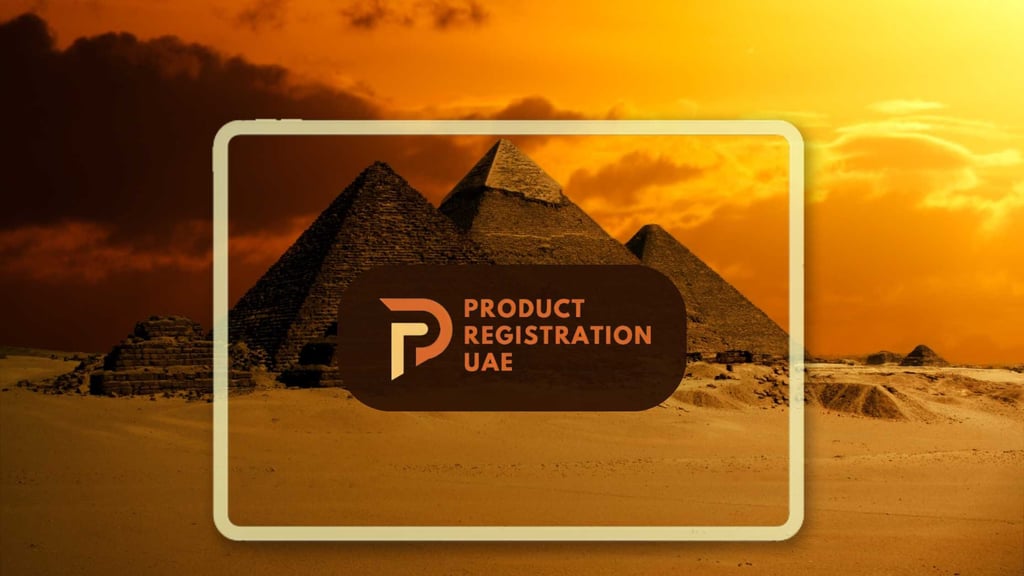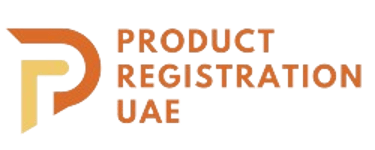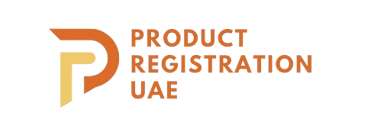Egypt Product Registration Guide
Navigate Egypt's product registration process, learn essential steps, and let Product Registration UAE help ensure smooth market entry with expert guidance.
8/20/20244 min read


Egypt Product Registration Guide | Product Registration UAE
Navigate Egypt’s regulatory landscape with confidence, ensuring a seamless market entry.
Learn about the essential steps, fees, and expert insights on how Product Registration UAE can assist your business in successfully entering the Egyptian market.
If you need help right away, feel free to use our chatbot located at the bottom right corner of this page for quick assistance.
Skip the hassle and let us handle your product registration. With our expertise, we'll ensure a smooth process, minimize costs, and guarantee zero errors.
Contact us today to get started!
Understanding Egypt's Regulatory Landscape
Egypt's market is regulated by three key authorities: the Egyptian Drug Authority (EDA), the National Food Safety Authority (NFSA), and the General Organization for Export and Import Control (GOEIC).
These bodies ensure compliance across various sectors, including food products, cosmetics, pharmaceuticals, medical devices, and imports.
Entering this profitable market requires businesses to adhere to stringent guidelines to ensure product safety and quality.
With a population of over 100 million, Egypt offers significant opportunities across various sectors. Understanding the regulatory framework is crucial to prevent delays and streamline the registration process.
Who Governs Product Registration in Egypt?
Key Regulatory Authorities:
1. Egyptian Drug Authority (EDA): Oversees the regulation of pharmaceuticals, medical devices, and health supplements, ensuring that these products meet Egypt's rigorous health standards.
2. National Food Safety Authority (NFSA): Manages the regulation of food products, ensuring they comply with the country's safety and quality standards.
3. General Organization for Export and Import Control (GOEIC): Responsible for the inspection and quality control of imported goods, including food products and industrial items, ensuring they meet Egyptian standards.
Step-by-Step Guide to Product Registration in Egypt
Step 1: Account Creation
Start by creating an account on the relevant regulatory portals, such as the EDA or NFSA websites. For imported products, registration with GOEIC is required. This critical step ensures that all business and product information is accurately entered, preventing potential delays in the process.
Step 2: Documentation
Gather comprehensive documents, including:
- Product Specifications: Name, description, and images.
- Manufacturing Details: Detailed information about the production process, including facility certifications.
- Quality and Safety Data: Certificates of analysis, test results, and proof of compliance with local regulations.
For medical devices, additional documents such as a CE certificate and risk assessment reports are required. All documents must be translated into Arabic according to regulatory requirements.
Step 3: Application Submission
Submit your application through the appropriate online portals. It's essential to ensure that all forms are completed accurately, and that the documentation aligns perfectly with your submission.
Step 4: Fees
Registration fees in Egypt vary depending on the product category and the level of scrutiny required. Common fees include:
- Pharmaceuticals: Fees typically range from EGP 10,000 to EGP 20,000, depending on the classification of the drug and required assessments.
- Medical Devices: Fees vary by classification:
- Class I devices: Fees start around EGP 5,000.
- Class IIa and IIb devices: Fees range from EGP 7,000 to EGP 15,000.
- Class III devices: Fees can go up to EGP 25,000.
- Food Products: Registration fees typically range from EGP 3,000 to EGP 10,000, depending on the product's complexity.
- Import Control (GOEIC): Fees for quality inspections of imported goods range from EGP 2,500 to EGP 8,000, depending on the product type and required inspection level.
Stay informed about the latest fee structures to avoid unexpected costs.
Step 5: Approval Process
Once your application and fees are submitted, your product will undergo a thorough review by the relevant authorities. This process may involve:
Laboratory Testing: Conducted by regulatory bodies to ensure product safety and efficacy.
Site Inspections: High-risk products, such as pharmaceuticals or medical devices, may require manufacturing facility inspections.
Additional Information Requests: Regulatory bodies may request further documentation or clarification, particularly if new or updated regulations apply.
Approval timelines can vary from several weeks to months, depending on the product type and the volume of applications being processed.
Overcoming Common Challenges
Regulatory Complexity: Egypt's regulatory framework can be complex, especially for international businesses unfamiliar with the region. Partnering with experienced consultants can simplify the process and ensure compliance.
Language Barriers: All documentation must be translated into Arabic, which can present challenges for international companies. Hiring professional translation services ensures that your documents meet regulatory requirements.
Staying Informed: Regulations are subject to change, and staying updated is crucial for maintaining compliance. Regularly consult official sources or work with local experts to keep abreast of any new regulations or fee changes.
Importance of Compliance and Certification
Compliance with Good Manufacturing Practice (GMP) and ISO certifications is vital for gaining access to the Egyptian market. These certifications demonstrate that your products meet the highest standards of safety and quality, building consumer trust and fulfilling regulatory requirements.
In addition to GMP and ISO certifications, businesses should be prepared to provide detailed quality management documentation, including product testing data and employee training records.
Wrap-Up
Successfully registering products in Egypt requires diligence, proper documentation, and a solid understanding of the regulatory landscape.
By following these steps and addressing potential challenges, businesses can secure a foothold in this promising market.
If you need any help, don’t hesitate to reach out to us through our chatbot in the bottom right corner or click the yellow button below and fill in the form, and one of our experts will contact you As Soon As possible to fulfill your enquiry.
Looking to expand into other regions?
Complete Guide to Product Registration in Algeria for more insights into navigating North African markets


